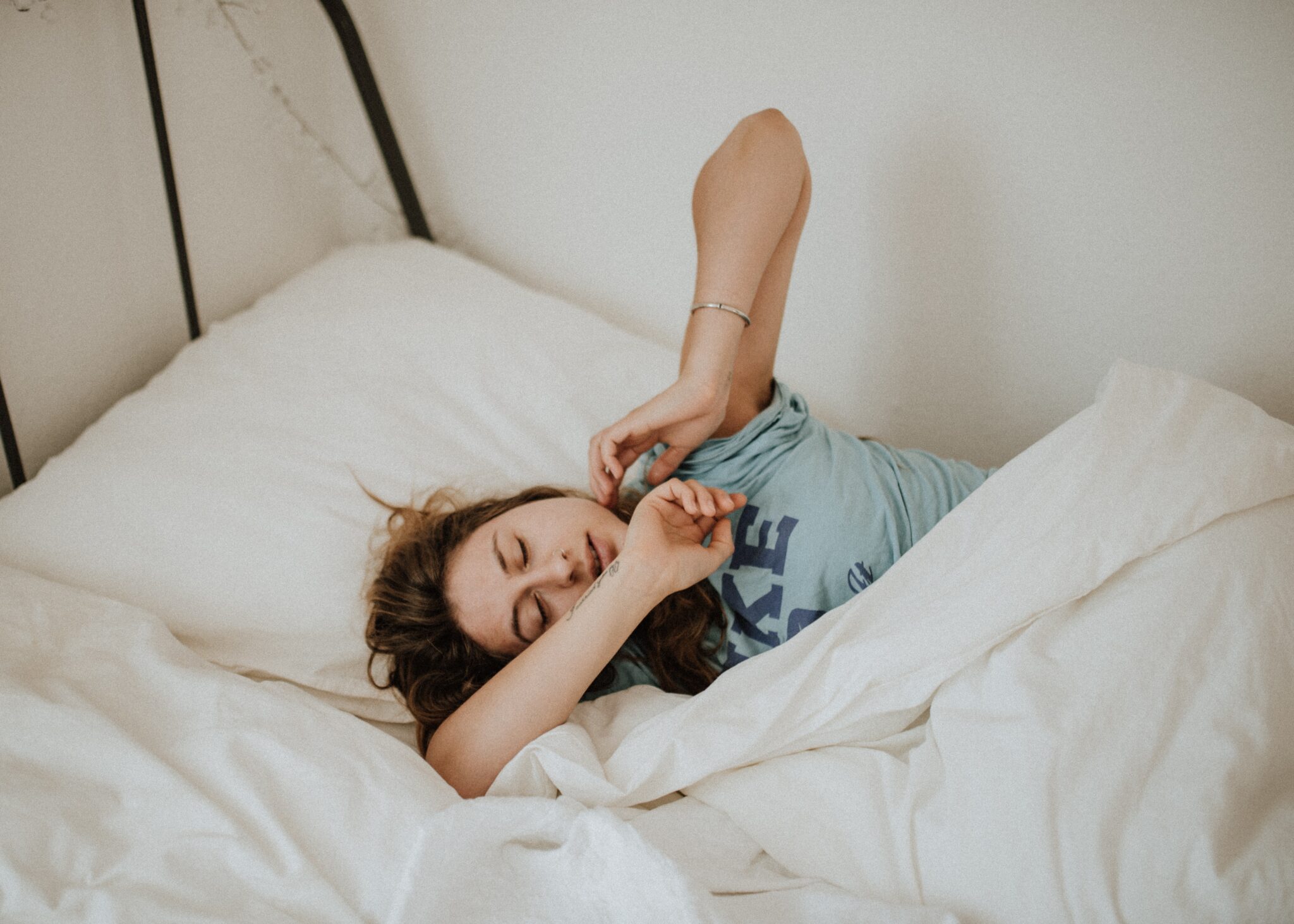The main triggers that can cause the bipolar mood episodes
16. December 2021
Bipolar disorder (BD) is a state of mental health characterized by extreme mood swings, including emotional ups and downs. Mood swings can occur once a year or several times a year. There are episodes when you feel excited and exhilarated, with high energy called mania, and extended episodes of deep sadness and frustration called depression. These episodes can vary in length. Usually, they last from a few weeks to several months.
What are the main factors that can trigger a bipolar episode?
Stressful life events
The way you can manage stress can affect the development of your bipolar disorder. The initial episode of BD might be induced by a significant life change or stressful events, such as losing a loved one, financial difficulties, or divorce. These events can be painful and stressful even for people who are not struggling with a mental health problem. Although this type of event does not necessarily trigger a depressive episode. The consequences may vary for all individuals. However, persons who have bipolar disorder can have serious mental consequences. This longitudinal study examines the evidence for life events as a predictor of bipolar disorder symptoms.
Lack of sleep
According to many studies sleep loss can be an early indication of upcoming mood swings (relapse, but particularly mania). In some cases, sleep is considered to be one of the strongest triggers of bipolar disorder episodes. You should set a daily schedule with a regular wake-up time and bedtime and try to maintain a constant duration of sleep. You can find more tips on complementary activities to support your mental health at this link.

Seasonal changes
Seasonal fluctuations are most often associated with unipolar depression but can also have a significant effect on the symptoms of bipolar disorder. For people whose moody episodes are affected by these seasonal changes, depressive episodes are usually associated with the winter period, with typical cold and gloomy days. Manic or hypomanic episodes, on the other hand, are associated with spring and summer. Perhaps the main factor is the duration of sunlight and its effect on differences in behavior and mood. Seasonal mood disorders can occur with serious health problems that need to be treated properly.
To ensure this, the symptoms of the disease need to be monitored appropriately so that you and your doctor can see changes in your mood episodes, sometimes even forecast them. Mindpax provides unique additional tools to understand better, manage, and treat the symptoms of a mental disorder. Click here to learn more about Mindpax.

Drug and alcohol use
Drinking alcohol or using drugs are other well-known triggers of bipolar episodes. The consumption of the drugs (permanently but also temporarily) may affect the delicate neurochemical balance in your brain and can make you less likely to respond to medical treatment. Chemical imbalance in the brain occurs, when having either extremely little or extremely many neurotransmitters, which are chemical messengers that transmit information between nerve cells.
Sometimes we tend to drink alcohol to alleviate the feelings that cause our state of depression or anxiety. When alcohol works, you can feel better, even relaxed. Your problems will suddenly disappear. But not for long. Once your blood alcohol level drops, it will reverse in the long run. Alcohol can act as a mood suppressant but consuming it over time can even make bipolar depression worse.
Sources:
Dallas, M. E. (2021, January 18). Bipolar episode triggers. EverydayHealth.com. Retrieved December 16, 2021, from https://www.everydayhealth.com/bipolar-disorder/triggers-that-cause-bipolar-episode/
Kvarnstrom, E. (2018, April 24). Understanding bipolar disorder triggers and how to prevent them. Bridges to Recovery. Retrieved December 16, 2021, from https://www.bridgestorecovery.com/blog/understanding-bipolar-disorder-triggers-and-how-to-prevent-them/
Mayo Foundation for Medical Education and Research. (2021, February 16). Bipolar disorder. Mayo Clinic. Retrieved December 16, 2021, from https://www.mayoclinic.org/diseases-conditions/bipolar-disorder/symptoms-causes/syc-20355955
Vann, M. R. (2017, October 18). 9 most common triggers for bipolar mood episodes. EverydayHealth.com. Retrieved December 16, 2021, from https://www.everydayhealth.com/bipolar-disorder-pictures/biggest-triggers-of-bipolar-mood-swings.aspx


